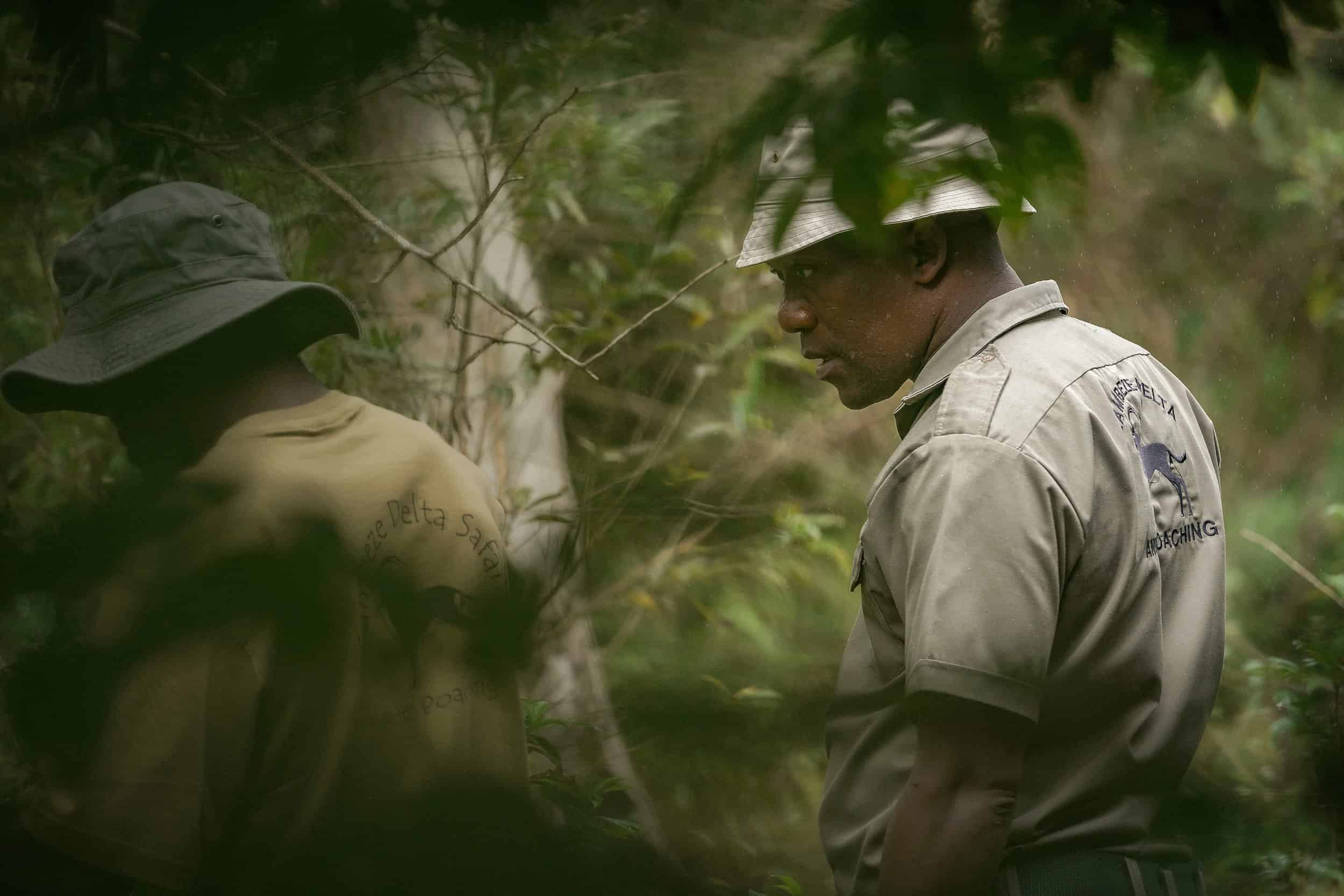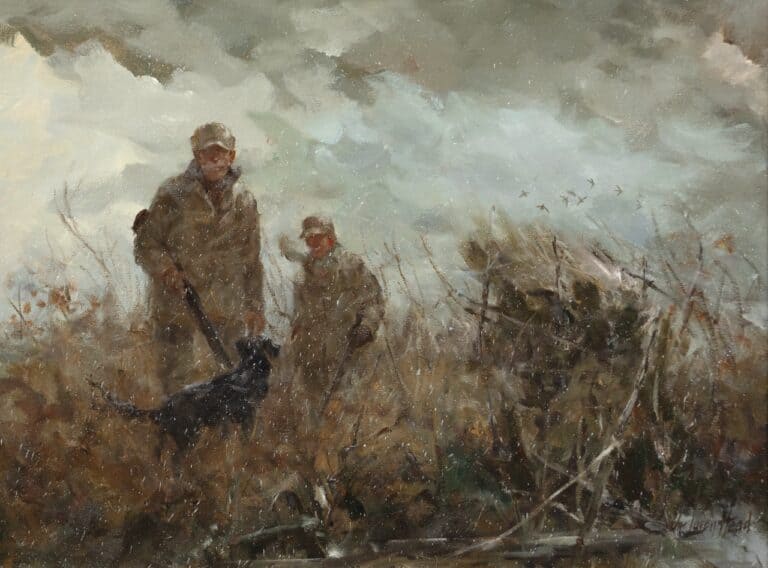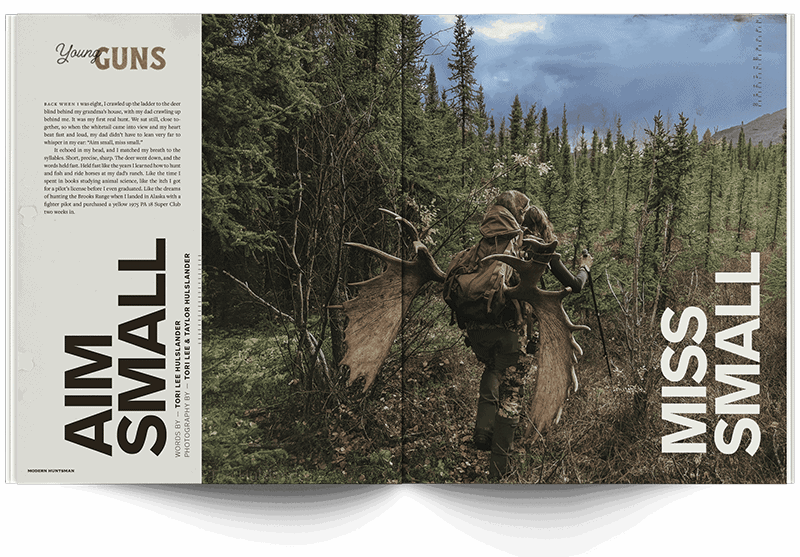Kicking their scramblers into life, a dozen members of the Zamicking Zambeze Delta anti-poaching unit cut dirt under the early-morning beze haze of humid, low-lying mist shrouding the treetops. Another day, another patrol, location and tactics a guarded secret until moments before deployment — these were meticulous, militarily precise opbefore operations. For the unit commander, Emfan, it was important their paerations. patrolling techniques changed and evolved over time to keep one step trolling ahead of incoming poachers. As quick as the anti-poaching units found an efficient way to intercept poaching activities, the perpetrafound perpetrators would adapt to evade detection.
For the poachers who had once decimated this now-thriving delta ecosystem, every day was a workday; their snares lay in wait, scattered throughout the bush, indiscriminately plotting the next life to opportunistically extinguish. The less fortunate might find their legs clamped violently in the jaws of homemade gin traps, slamming shut with such force it required three rangers to leverage it back open. This is a far less common occurrence than a decade ago, owing largely to the consistent patrols by well-trained, dedicated rangers, some of whom have found new careers as poacher turned gamekeeper.
While successful long-term conservation requires a tide shift in attitudes, the alleviation of localised poverty and community colin collaboration, the coalface of wildlife conservation efforts on the contilaboration, continent of Africa often falls on anti-poaching units. They are the tip of nent the spear. In a recent interview legendary conservationist Ted Riley, credited with reintroducing rhino and 22 other species of large mamcredited mammal back to Eswatini (formerly Swaziland, one of the few remaining, mal protected strongholds in Africa), said that without anti-poaching opprotected operations, the country would lose all of its rhino within a year. For the erations, foreseeable future, at least, anti-poaching efforts...




